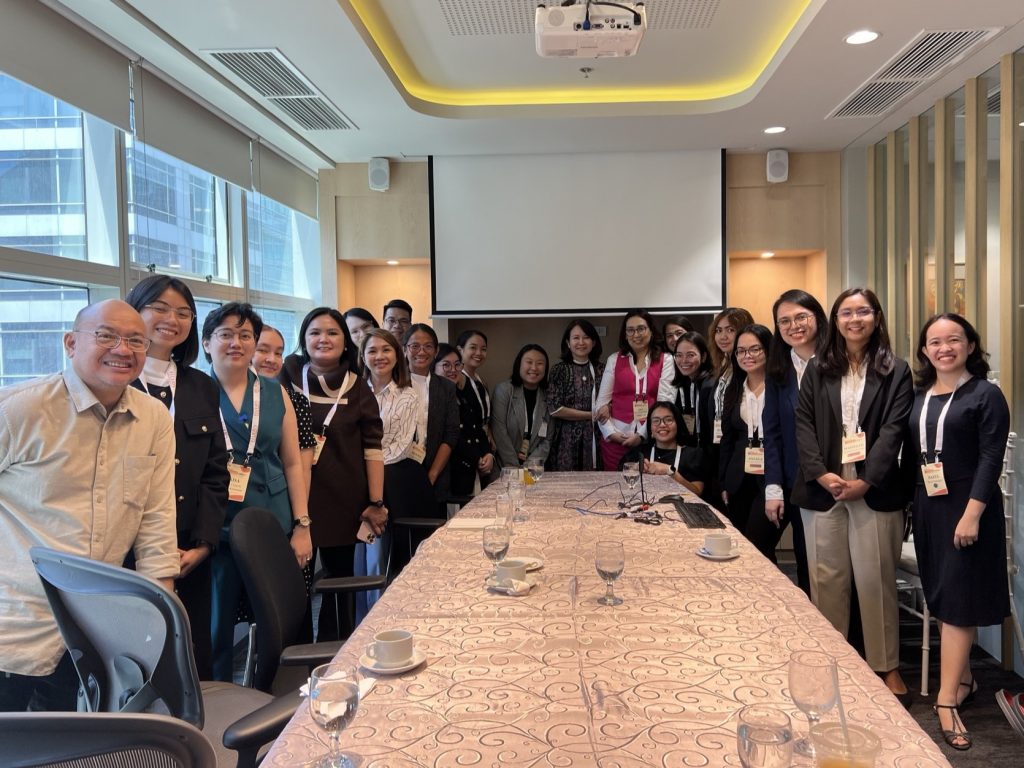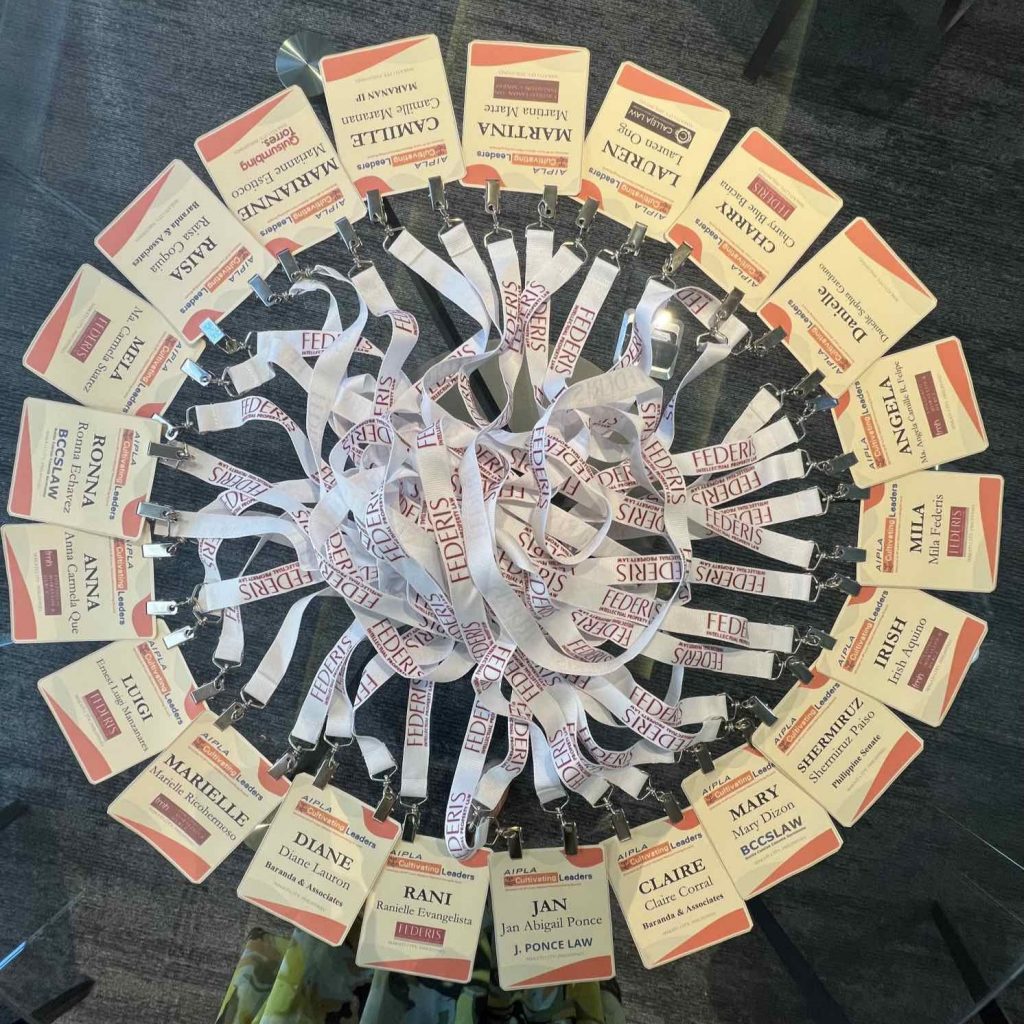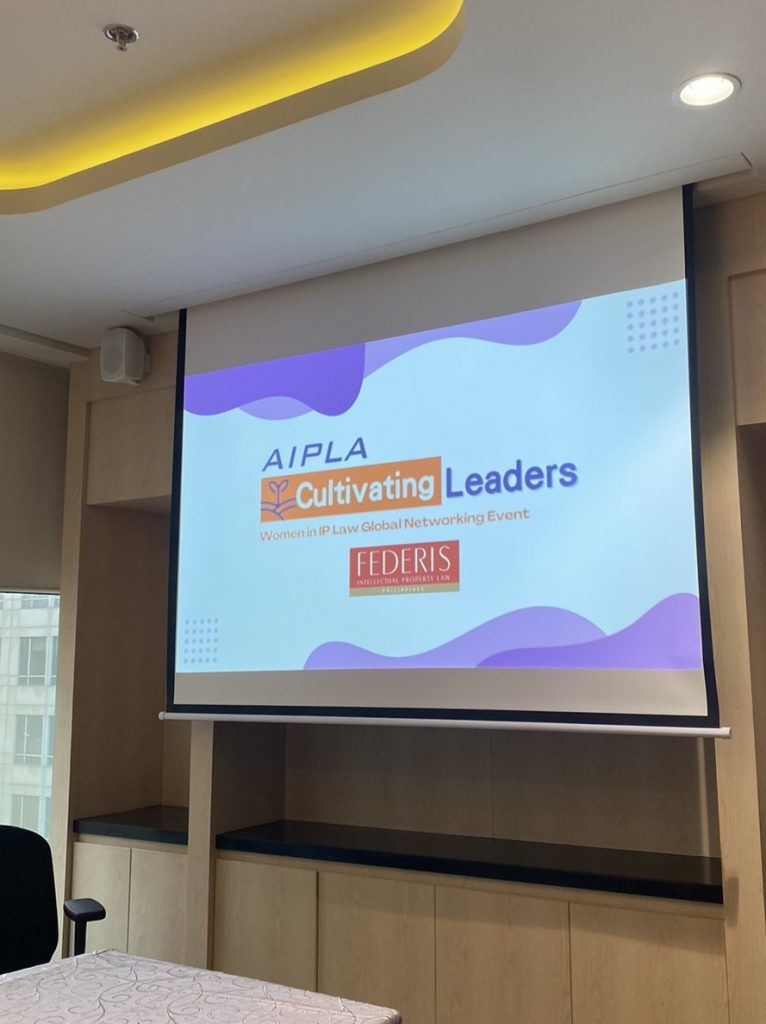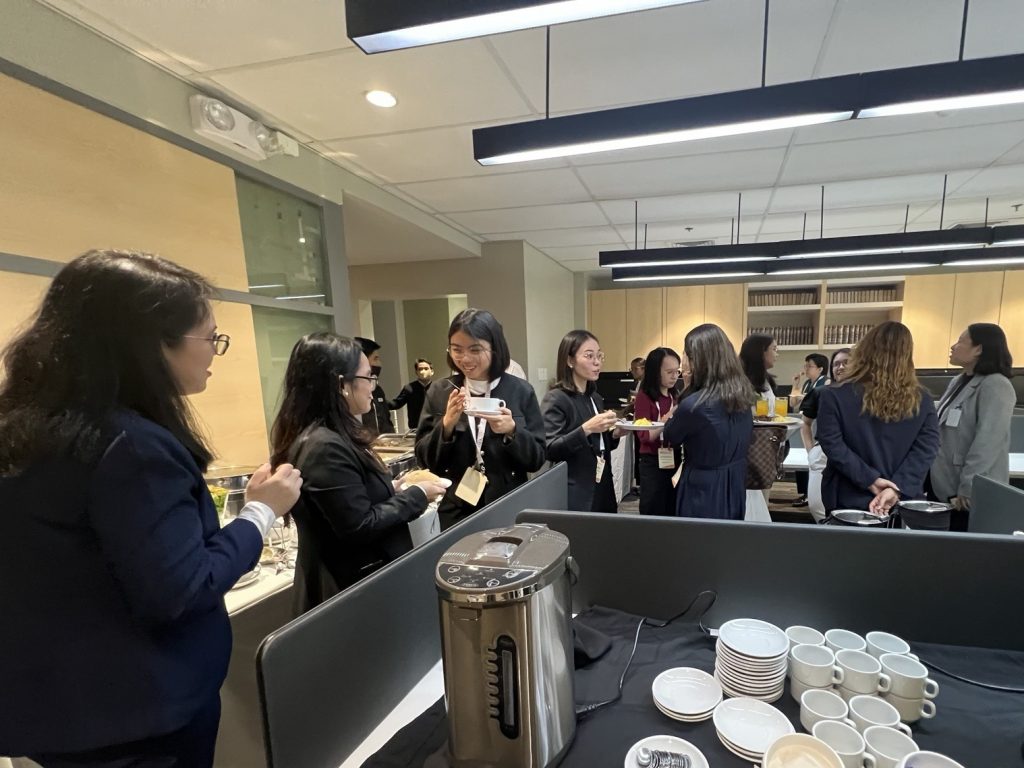By: Ernest Luigi A. Manzanares
Earlier this year, the Intellectual Property Office of the Philippines (IPOPHL) Rules on Voluntary Administrative Site Blocking, or Memorandum Circular No. 2023-025, became effective. This legally enables internet service providers (ISPs) to block websites that distribute infringing content or pirated material. By restricting access to these pirate sites, the initiative also aims to steer consumers towards legitimate sources. This is one of several measures targeting still rampant online piracy in the Philippines.
The IPOPHL’s site-blocking mechanism is lauded as the Asia-Pacific’s pioneer voluntary site-blocking mechanism, and second in the world. This regulation promises substantial advantages, particularly for the film and television industries, which incurred a staggering USD700 million loss in 2022 from illicit streaming. Authors, publishers and other creatives stand to benefit as well. The challenge, however, lies in the continual monitoring required, as pirates can swiftly migrate to new online servers to evade detection and enforcement. More sophisticated consumers can also access international pirate sites through VPNs.
Currently, the new blocking mechanism is voluntary in nature, but backing legislation that would otherwise give the IPOPHL more teeth is currently pending in Congress. House Bill No. 7600, which amends the IP Code of the Philippines, has been approved by the lower house on the third reading, while the counterpart Senate Bill No. 2150 is still pending.
If enacted, these measures will authorise the IPOPHL itself to receive complaints and issue site-blocking orders, and ISPs will be required to comply within 48 hours. The bills would grant the IPOPHL more enforcement functions such as gathering of intelligence information and conducting investigations.
Meanwhile, research reveals that about 44% of Filipinos engage with pirated content on social media platforms. While the above-mentioned site-blocking rules and pending legislation facilitate the blocking of websites associated with e-retailers such as individual sellers and merchants, these measures do not extend to e-marketplaces including Facebook, Shopee and Lazada, where the piracy threat is exponentially greater. Pirates exploit the expansive reach and influence of social media to promote illicit products and distribute pirated materials with ease.
Joint Administrative Order 22-01 (JAO 22-01) defines an e-retailer as “an organisation selling products or services directly to consumers online”. Meanwhile, an e-marketplace refers to “an online intermediary that allows participating merchants to exchange information about products or services to enter into an electronic commerce transaction, which may or may not provide information/services about payments and logistics”. JAO 22-01 defines online sellers/merchants as an “organisation or retailer selling products or services to customers through an e-marketplace”.
A cursory survey of popular e-marketplaces in the Philippines suggests piracy and the unauthorised distribution of copyrighted material, ranging from e-books to computer software, continue unabated.
Worse, the algorithms of these e-marketplaces themselves often direct consumers to this pirated and infringing content. The timeliness of responses to takedown requests varies. While there has been an increase in the application for and issuance of Certificates of Copyright Registration by the IPOPHL, demonstrating copyright ownership may also pose a challenge to the copyright holders.
JAO 22-01 lays some of the basic principles that online businesses should observe, such as “take consumer complaints seriously, establish a fair and transparent system to address complaints” and “refrain from illegal, fraudulent, and/or unethical business practices”. But the reality is the internet harbours bad-faith actors whose very business is to profit from the copyrighted works of others.
In COSAC Inc v FILSCAP (G.R. No. 222537, February 28, 2023), the Supreme Court ruled that sections 216 and 216.1 of the IP Code, as amended by RA 10372, contemplate two kinds of copyright infringers: primary infringers, or those who directly commit the infringing acts; and secondary infringers, or those who induce, materially contribute to or benefit from an infringing act of another.
Secondary infringement through contributory infringement happens when a person, with knowledge of infringing activity, materially contributes to the infringing conduct of another. Hence, e-marketplaces such as Facebook may not escape liability by arguing they are mere online intermediaries. An e-marketplace that has been notified of the piracy but refuses or fails to take down the infringing/pirated material may be held liable for secondary infringement.
The Philippine digital economy reached a value of USD17 billion in 2021 and is expected to further grow to USD40 billion by 2025. Beyond the clear pecuniary damage, piracy disincentivises and demoralises our creatives. Efforts to curb, if not eliminate, piracy must be concerted and responsive.
Originally posted by the Asia Business Law Journal via this link.
 Despite the enhanced monsoon and widespread flooding experienced in Metro Manila, the Intellectual Property Office of the Philippines (IPOPHL) successfully held the first-ever Trademark Conference in the country (TMCon Philippines) on July 24-26, 2024 at the SMX Convention Center, SM Aura in Taguig City.
Despite the enhanced monsoon and widespread flooding experienced in Metro Manila, the Intellectual Property Office of the Philippines (IPOPHL) successfully held the first-ever Trademark Conference in the country (TMCon Philippines) on July 24-26, 2024 at the SMX Convention Center, SM Aura in Taguig City.





